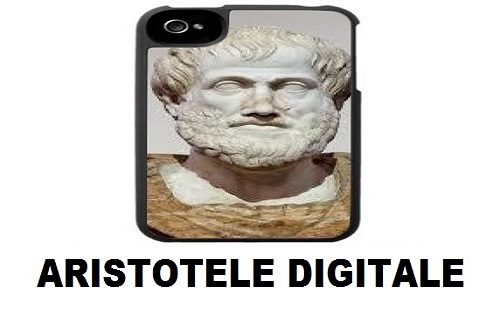Entering a room in a friend’s house, during a sumptuous party, Francis Scott Fitzgerald’s wife, Zelda, sees a literary critic who had recently written negatively about her husband’s novel.
Annoyedly the essayist invites her to shut the door: “Excuse me, I’m thinking. I need to be alone “. Immediately Zelda, with a fierce smile: “You can’t think, you’re homogeneous.”
This is the anecdote.
Zelda is right: to think one must be homogeneous and should avoid corresponding to either oneself (one’s feelings, instincts, beliefs, habits, preconceptions, etc.) or to our world’s endless different things.
Thought separates, makes distinctions, operates in difference. Thought continually questions the existing.
Why are we so attracted to homogeneity instead? Why do we seek assimilation (the homoiosis of the Greeks)? Why do we dream of belonging to another, to the world, to God, to the One and even to nothing? Or, maybe, does the knowledge belong, by its real nature, to the omoiotic?
Let’s think that we are what we think: what’s the use in denying the difference? If Zelda is right, thought – in order to be itself – should seek difference instead of assimilation and the sense of belonging. If we say that humans are humans precisely because they think, then seeking assimilation and belonging is simply dis-human. All the policies based on the ethics of belonging have showed dis-human outcomes.
Of course, belonging means being far from differences and choices, from any decision, and also far from responsibilities and even from thinking. It certainly reassures us if we feel homogeneous to the others by virtue of our tendency to be in relationship with the others in the terrain of belonging. But belonging does not include what is different.
If we try to think what Zelda could not even imagine, that is that we live in continuous states of relationship (what is, in my opinion, the basis for a worth approach for understanding the digital), consequently everyone is in a singular ever changing condition of thinking, thanks to the infinite multiplicity of relationships. Thought therefore lies in the difference of the relations that are “information”, as it happens with the bits which are the reference point for the relations and their capability in occupying spaces of possibilities.
In fact, digital drives us to navigate (better, to surf) in the difference and to consider ourselves not just bits, but also an infinite multiplicity of bits. In short, it pushes us to evaluate our possibilities of being free, even though in danger, as usual.








